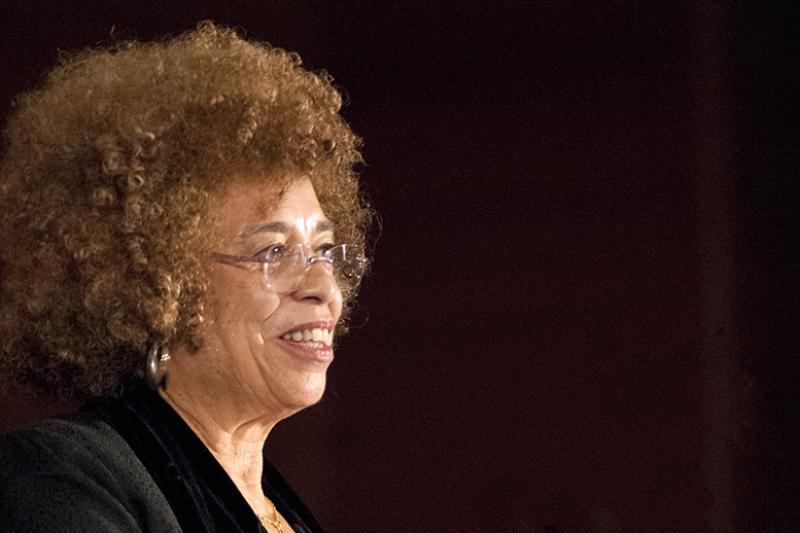Der Förderkreis des CGCs vergibt für das Jahr 2024 zum 18. Mal den mit 2.000€ dotierten Cornelia Goethe Preis für eine herausragende Dissertation oder Habilitationsschrift im Bereich der Frauen- und Geschlechterforschung. Einsendeschluss für qualifizierte Arbeiten ist der 15.06.2024.
Kommende Veranstaltungen
Aus dem CGC
Neue Publikationen
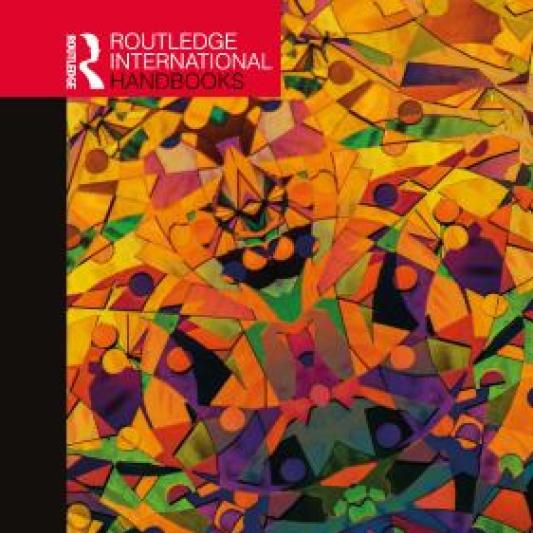
Kathy
Davis
Helma
Lutz
The Routledge International Handbook of Intersectionality Studies
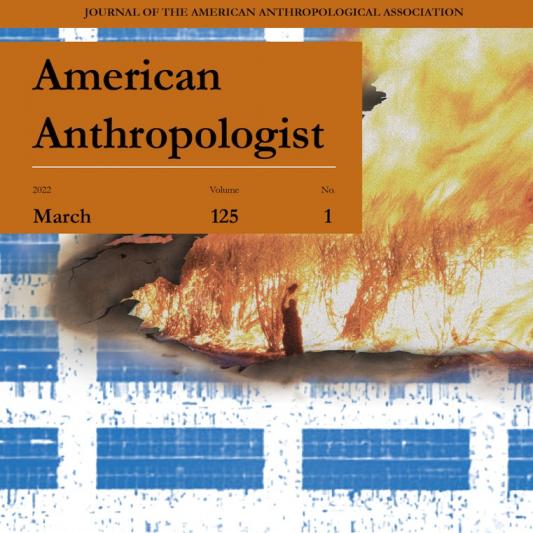
Catherine
Whittaker
Beyond the dead zone. The meanings of loving violence in Highland Mexico
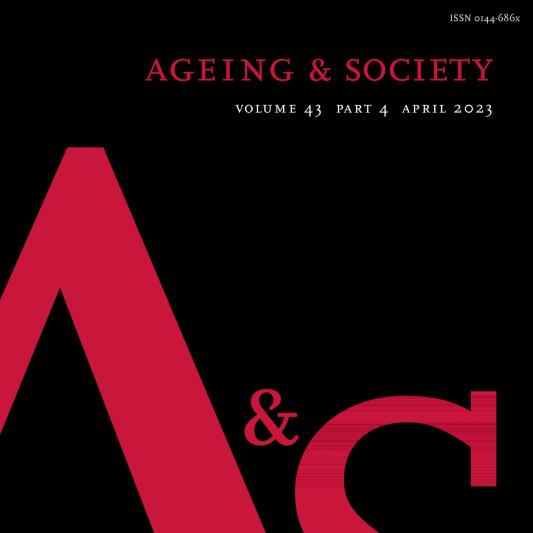
Miranda
Leontowitsch
Frank
Oswald
Arthur
Schall
Johannes
Pantel
Doing time in care homes: insights into the experiences of care home residents in Germany during the early phase of the COVID-19 pandemic
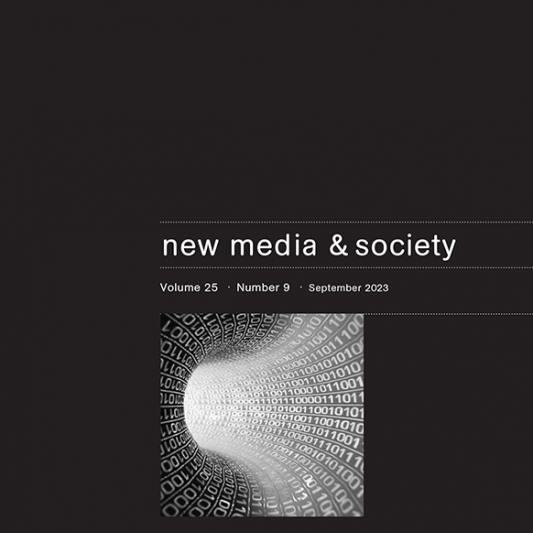
Charlotte
Findeis
Benedikt
Salfeld
Stella
Voigt
Benigna
Gerisch
Vera
King
Anna Rosa
Ostern
Hartmut
Rosa
Quantifying self-quantification: A statistical study on individual characteristics and motivations for digital self-tracking in young- and middle-aged adults in Germany

